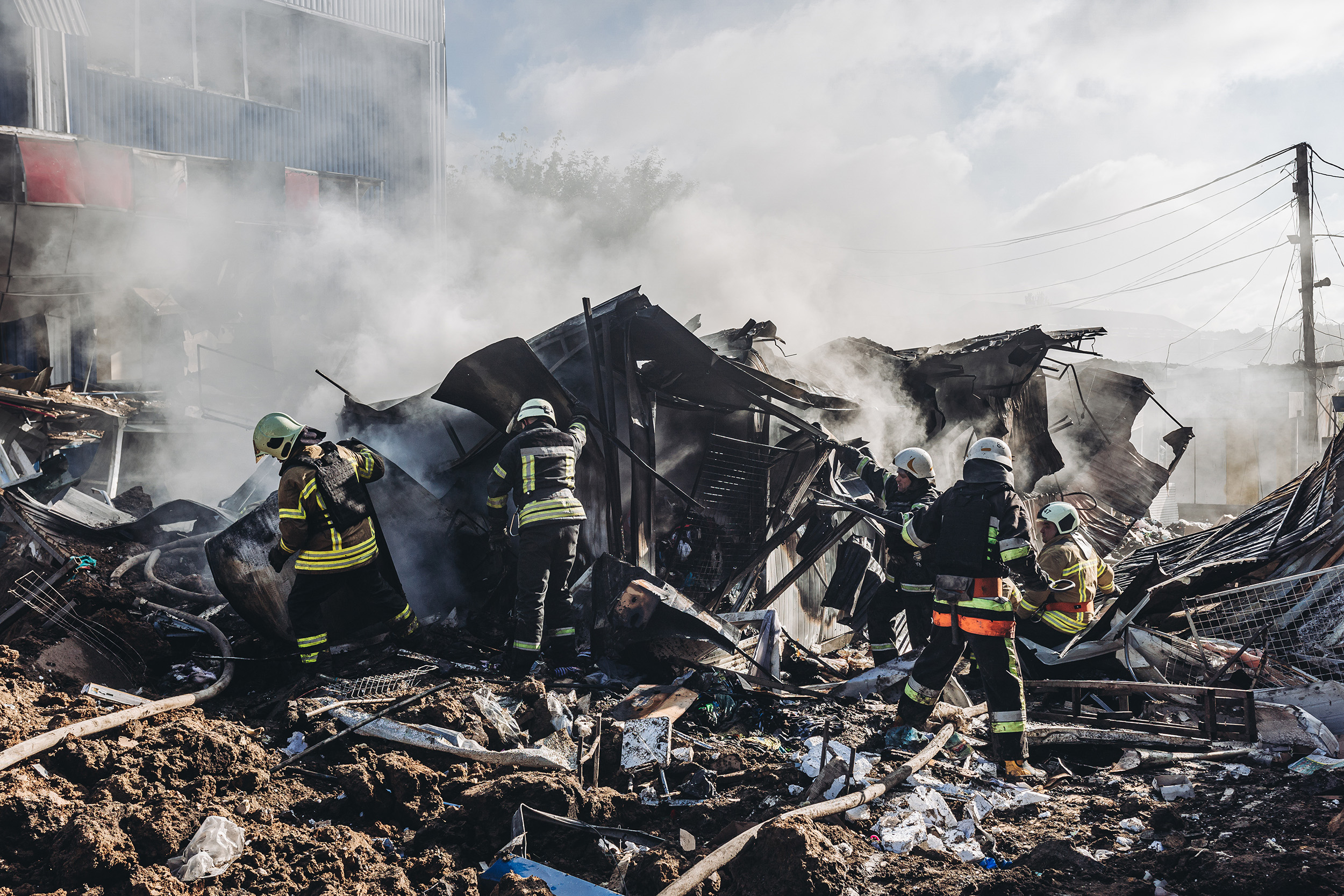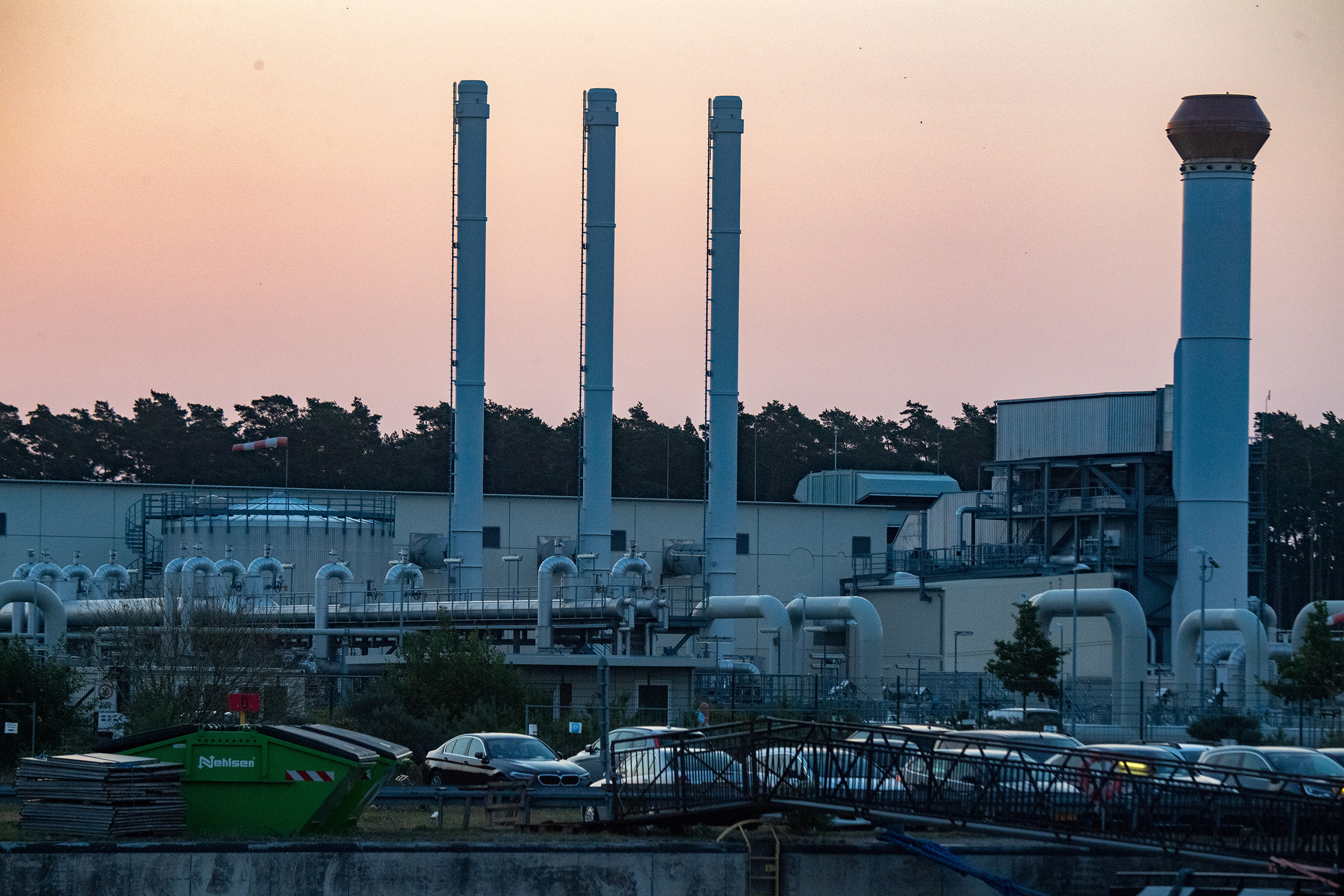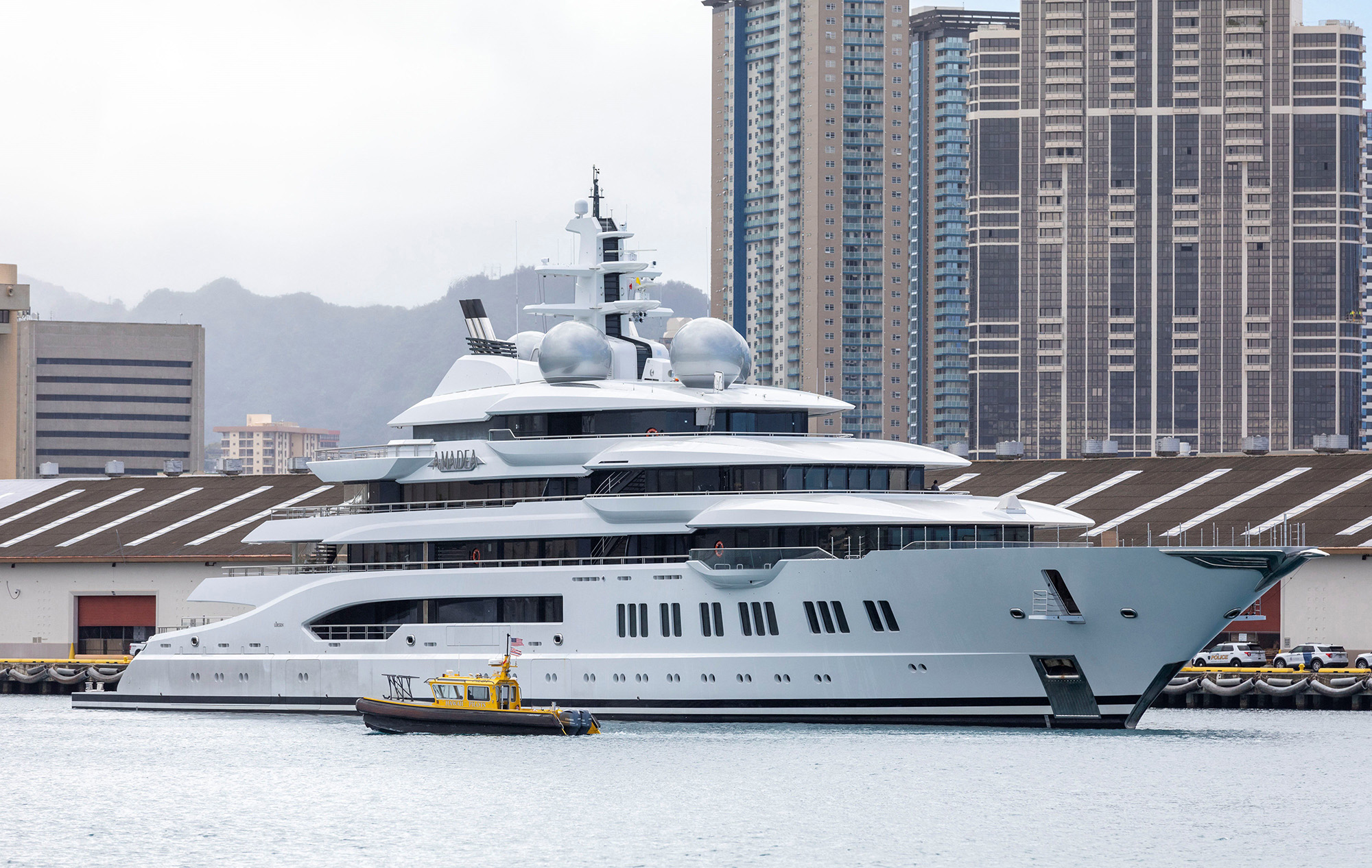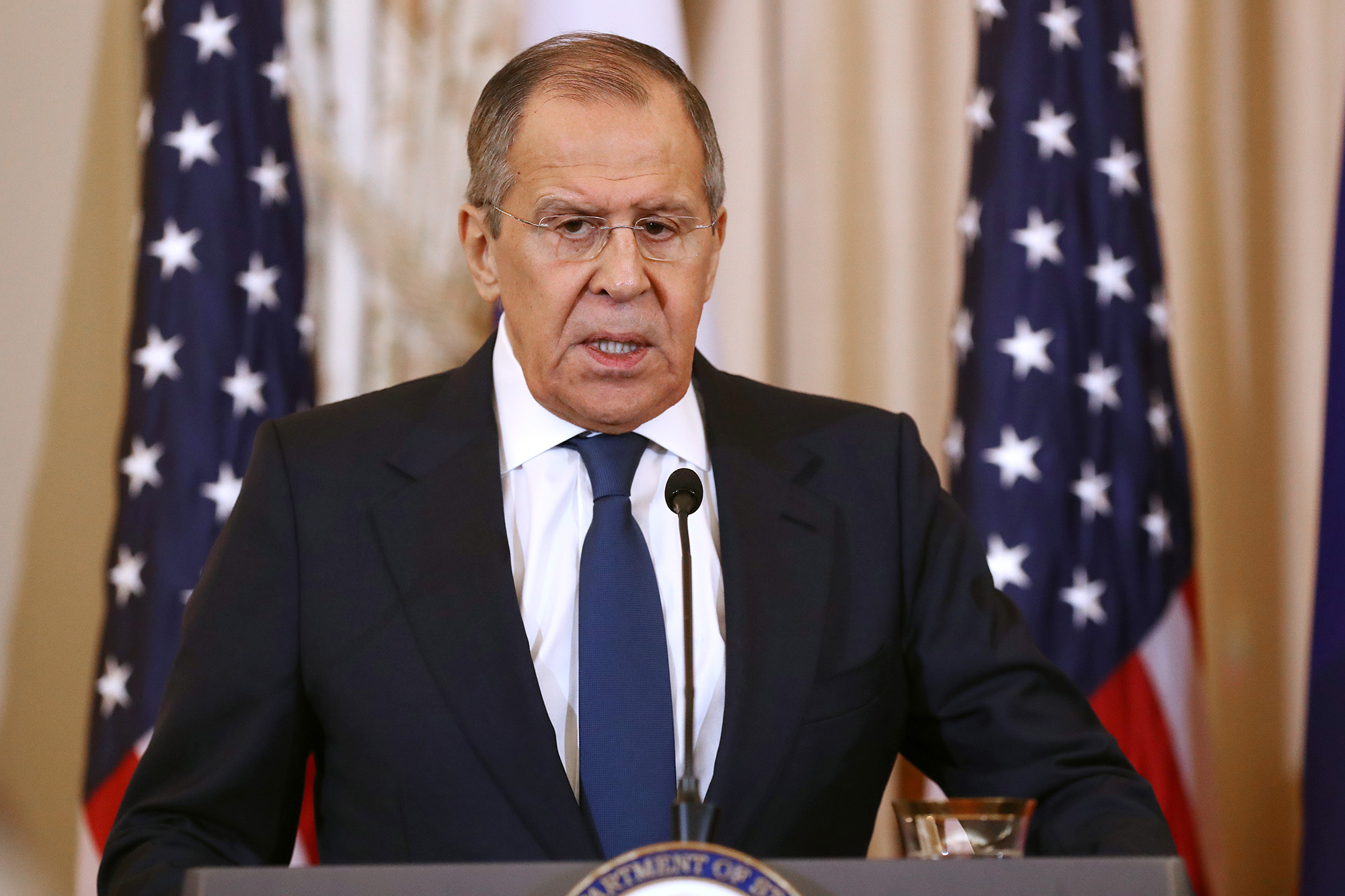
Russian forces are trying "around the clock" to break through Ukrainian lines in the eastern Donetsk region but have not been successful, according to Ukrainian officials.
Pavlo Kyrylenko, head of the Donetsk Civil Military Administration, said on Ukrainian television Thursday that shelling around the city of Bakhmut is constant.
"This is one of the main lines on which the enemy is trying to make a breakthrough and then go to the main goal — Sloviansk and Kramatorsk from the side of Bakhmut," Kyrylenko said, referring to two larger nearby cities coveted by Moscow.
The Russians have inflicted considerable damage in Bakhmut, according to Kyrylenko. He added that 350,000 people were still in the region and evacuations were taking place daily.
In its latest operational update, the Ukrainian military's General Staff said more than a dozen locations around Bakhmut had come under fire Wednesday.
"Ukrainian soldiers forced the occupiers to flee. Fighting continues in the area near Novoluhanske," it said.
Novoluhanske and neighboring settlements are under almost constant attack as the Russians try to break down Ukrainian defenses south of Bakhmut and encircle Ukrainian defenses in the pocket of territory bordering the neighboring Luhansk region.
The General Staff said the Russians also continued shelling in the Sloviansk direction.
Kramatorsk: The eastern city again came under attack Wednesday night.
Kyrylenko said two schools were destroyed in Kramatorsk and Kostiantynivka, to the south of the city. The mayor of Kramatorsk said two industrial plants were also hit. There were no details about casualties.
Tens of thousands of people are thought to remain in Kramatorsk and the surrounding areas.
Southern Ukraine: Russian artillery continues to bombard towns behind the front lines that run through parts of Dnipropetrovsk, Mykolaiv and Kherson regions, according to the General Staff. On Wednesday, Russia's foreign minister said Moscow's objectives in Ukraine now extend beyond the Donbas into the south of the country, warning it "cannot allow" Ukraine to have weapons that threaten Russia or its territories.




